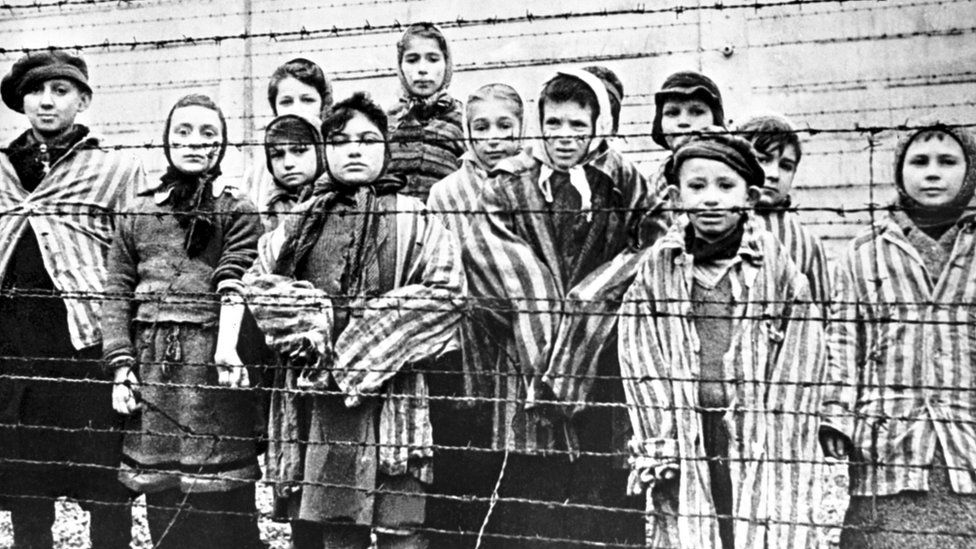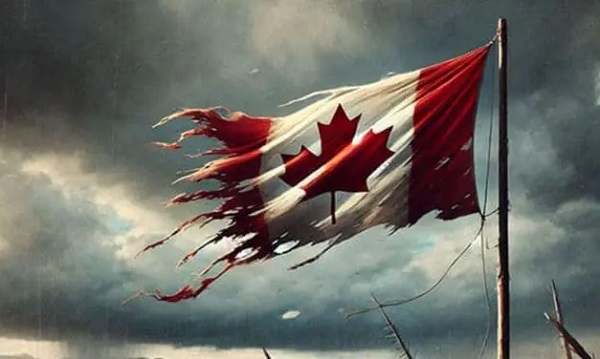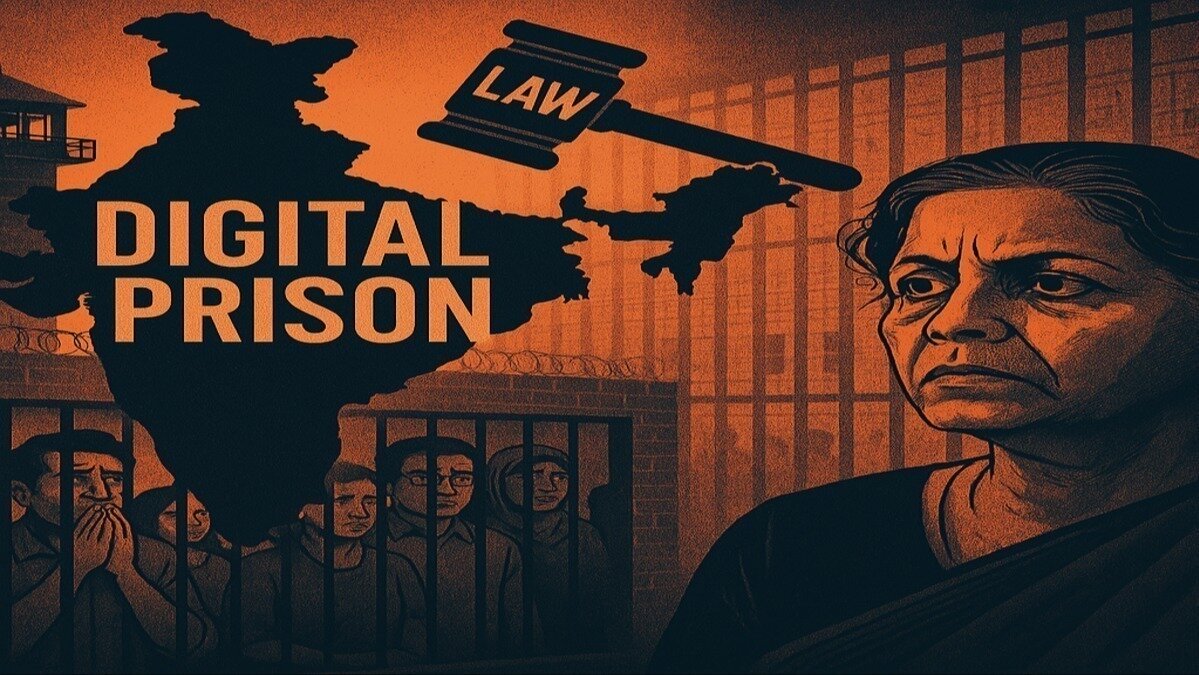Sometimes, reality feels like it’s speeding ahead while we’re still trying to catch up. Case in point: Kenneth Paulin, a 51-year-old man from North Bay, Ontario, just became the first Canadian ever sentenced to jail for Holocaust denial. Nine months behind bars. Let that sink in. Nine months because of what he typed, shared, and broadcast online.
Now, let’s be real — freedom of speech is a cornerstone of democracy. Canada’s Charter guarantees it. But here’s the twist: when does “speech” cross the line into something society simply cannot tolerate? Paulin’s case isn’t just a story about one man. It’s a flashpoint in the ongoing tug-of-war between free expression and protecting communities from hate.
Social Media, Hate, and the Law
Paulin’s online activity wasn’t subtle. Prosecutors highlighted posts where he referred to Jews as “demons” and “the greatest mass murderers in human history.” One video mocked Holocaust survivors outright, while another declared, “Six million didn’t happen but it should’ve.” Brutal. Disturbing. And yes, illegal under Canadian hate speech laws.
The North Bay Police Service investigated for seven months. Multiple warrants. A detailed dossier of posts. It’s a reminder that words online are not just noise — they leave digital footprints. And sometimes, they’re taken seriously enough to land you behind bars.
The Friends of Simon Wiesenthal Center, a Holocaust education organization, submitted a statement emphasizing the broader impact: antisemitic hate crimes have been on the rise in Canada. When rhetoric like Paulin’s spreads unchecked, it’s not harmless commentary. It’s a potential spark for violence.
Where Does Free Speech End?
This is where the debate really gets messy. Over 20 countries, including Germany and France, outlaw Holocaust denial. Others, like the UK and Australia, have debated it. Critics argue that such laws are slippery slopes: once the government decides what historical truths can’t be questioned, intellectual freedom is in peril. Imagine trying to discuss anything controversial without the fear of a courtroom looming.
Yet, there’s another side. Proponents insist Holocaust denial isn’t just “asking questions.” It’s deliberate misinformation used to rehabilitate fascist ideologies. And in a world where antisemitism is still very much alive — sometimes bleeding into violent acts — that argument carries weight.
Enoch from BrightU.AI put it bluntly: “Criminalizing Holocaust denial might chill some discussion, sure. But letting it run wild also has consequences.” Which… yeah, makes you pause. Because history isn’t just dusty old facts — it shapes how societies behave today.
Personal Reflections (and a Few Asides)
Funny enough, reading about Paulin made me think of my own online feed — the casual trolling, the conspiracy memes, the things people share without thinking. Most of it harmless. Most of it. But it’s a slippery slope. When does a provocative post just start feeding hatred instead of sparking debate?
I also kept thinking about survivors — the actual people who lived through horrors so unimaginable that typing “didn’t happen but should’ve” is more than offensive; it’s violent in its own way. And that’s what Canadian prosecutors argued: this wasn’t skepticism, it was incitement. Words can wound. Words can push people to act.
A Legal Landmark — With Global Ripples
As Paulin begins his sentence, this case sets a precedent. Canada’s courts are signaling that Holocaust denial isn’t “just an opinion.” It’s being treated as a form of violence, a societal threat. And let’s not forget the timing: global tensions over Israel, rising antisemitism, debates about free speech online. This case sits squarely at the intersection of all that.
It also forces Canadians — and really, anyone paying attention — to wrestle with tough questions: How do we protect vulnerable communities without turning every historical disagreement into a crime? And how much power should governments have in dictating what’s “true” or “acceptable” to say?
Bottom Line
Kenneth Paulin’s nine-month sentence isn’t just a headline. It’s a warning, a conversation starter, and, honestly, a reflection of the complicated, messy world we live in where online actions have real-life consequences. It shows that history isn’t just for textbooks. It’s alive, it’s personal, and in the wrong hands, it can be weaponized.
Canada is now officially on the map as a country willing to prosecute Holocaust denial — a move that will reverberate globally. Whether you cheer it, question it, or shudder at it, one thing’s clear: the digital age has turned words into power, and sometimes, into crime.










